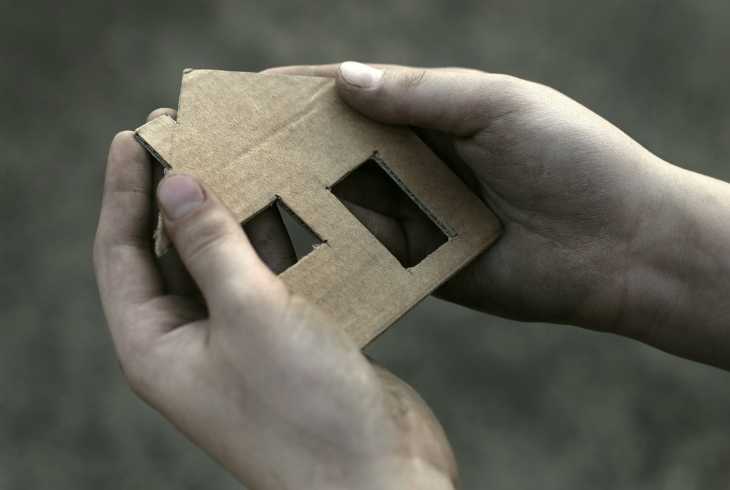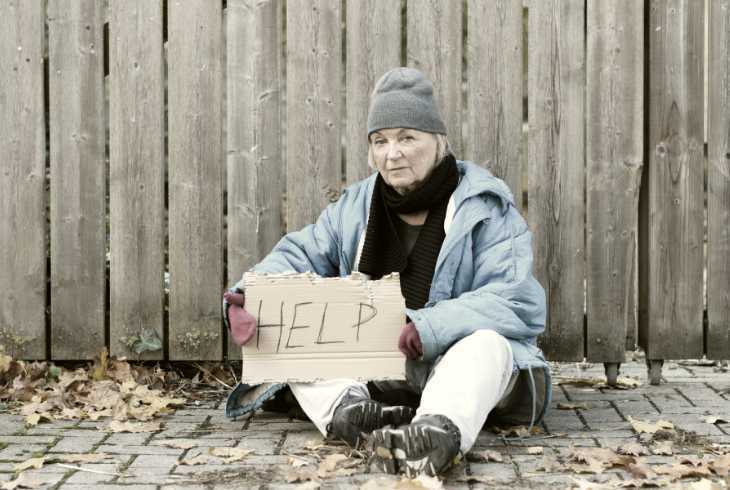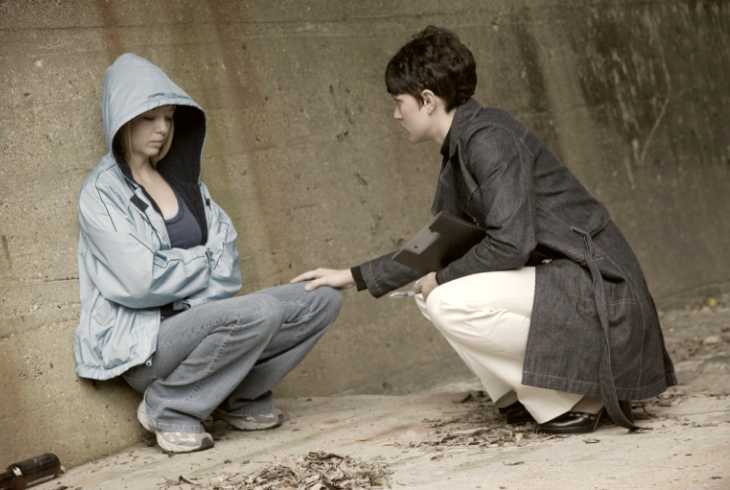Coffee is a daily staple in the lives of millions of people around the world. As the third most consumed beverage in the world (after water and tea), coffee helps get people out of bed, on their feet, and through the workday.
It also helps bring people together, whether they’re on a date, catching up, or with their loved ones after a hard day. With so many people relying on coffee already, some coffee organizations have decided to take their role even further.
Stepping Up to Fight Homelessness

Coffee is a major economic driver in many countries. According to the National Coffee Association, the coffee industry had an economic impact of $225.2 billion in the U.S. in 2015, and was the reason for more than 1.6 million jobs.
However, the huge impact the coffee industry has doesn’t stop there. In an attempt to use the coffee industry to help under-served populations, organizations have come together with coffee brands to both donate funds to and employ homeless populations.
Getting a job is often the first step towards coming out of homelessness, getting shelter, and readjusting to life after a difficult period.
For the homeless population, a job opportunity can be the difference between life and death; and by using coffee to employ these individuals who need help the most, organizations are helping to end homelessness.
Homelessness in the U.S.

Cited by Ohio University, a 2017 survey found that more than half a million people experienced homelessness in the U.S., tens of thousands of those people were made up of families.
The number of people living in homelessness has been going up for the last seven years and affects a large percentage of veterans and members of the LGBT community. This experience presents many risks as these individuals lack stability and are exposed to many dangerous situations.
LGBT Community
According to Ohio University, youths between the ages of 14 and 24 make up around 31% of the homeless population, and about 60% of them suffer from mental health issues.
Some common mental illnesses they suffer from include:
A large number of youths experiencing homelessness are also particularly vulnerable to dangerous situation such as human trafficking.

Cited by Philanthropy News Digest, a University of Pennsylvania report states the almost 20% of homeless youths fall victim to human trafficking.
This often affects a greater part of the LGBT community and is largely due to a history of childhood abuse or neglect, which can often lead homeless youths to become susceptible to manipulative forces. Moreover, this can make them easy and ideal targets for human sex traffickers.
Victims of sex trafficking are at risk of a huge number of health issues, including STDs and other life-endangering diseases. Even in situations where precautions are taken, disease can spread quickly due to lack of awareness as well as a lack of access to medical care.
In the U.S., about a quarter of a million people have contracted HIV but don’t know it because they don’t get tested. This can pose many dangers for these particular communities experiencing homelessness.
Veterans
Another community that makes up a significant portion of the homeless population is veterans, accounting for about 8% of the homeless community.
Those who have served often experience mental health problems, such as depression, anxiety, and PTSD, as well as substance abuse issues, which can be an obstacle to finding and maintaining employment.
These populations are largely found on the west coast, where the climate makes it easy to live outdoors without experiencing excessive heat and cold.
With such a large percentage of the homeless population residing in urban areas, this is a target area for non-profit organizations that seek to address homelessness.
How the Coffee Industry Can Help

Like any other industry, the coffee industry has the opportunity to use their platform and profit to do good. If every company donated just a little bit of their efforts toward developing strategies to help under-served communities, they could make real and lasting change.
The following are a few companies and organizations using coffee to help homeless communities:
Change Please
Originating in Britain, Change Please is a startup that invests the time and energy to help the homeless population get out of their difficult situations.
Change Please has developed a coffee chain that trains homeless individuals to become baristas and provides them with employment at their various coffee shops and mobile coffee shops. They pay their employees a living wage and provide them with the help they need to thrive at their job.
According to their website, “Change Please believes that the nation’s love of coffee is so strong - it could be just what we need to end homelessness once and for all.”
The organization uses the demand for coffee, as well as the demand people feel to do good and help others to market their coffee, and encourage the socially conscious community to put their money towards coffee that helps vulnerable populations, rather than mass coffee chains.
Local Coffee Brands
Another way the coffee industry is supporting the homeless population is through small local coffee brands.
Portland, Oregon is a city with a significant homeless population. For those living in a city where you can’t drive through town without seeing tents and small makeshift shelters along the road, it can be difficult to ignore the desire to help.
This encouraged the roasting company, Marigold Coffee to work with the local advocacy organization Street Roots. Street Roots has been advocating for the right of the homeless community for three decades, using a weekly publication to help them find income or employment opportunities.
Working together, Marigold Coffee released a line of coffee that directs its proceeds to Street Roots, in order to help raise awareness and join the fight against homelessness.
Veteran Owned Coffee
If you don’t have local coffee brands that do this, or you’re not someone who buys coffee from cafes, you can still help by being conscious of the companies you’re buying your coffee from.
There are several coffee brands that are owned by veterans, and supporting the businesses of veterans who work hard to create their own businesses can be encouraging and beneficial to this population.
Some veteran-owned coffee brands include:
Coffee helps bring people together. It’s a beverage that people are passionate about and also offers an experience people are able to share. Playing a huge part in so many people’s lives, it makes sense that organizations are trying to use people’s love of coffee for good.
Even if you have a favorite brand or shop, stepping out of your comfort zone could lead you to find new delicious types of coffee, and could help you lend a hand to those who need it most




